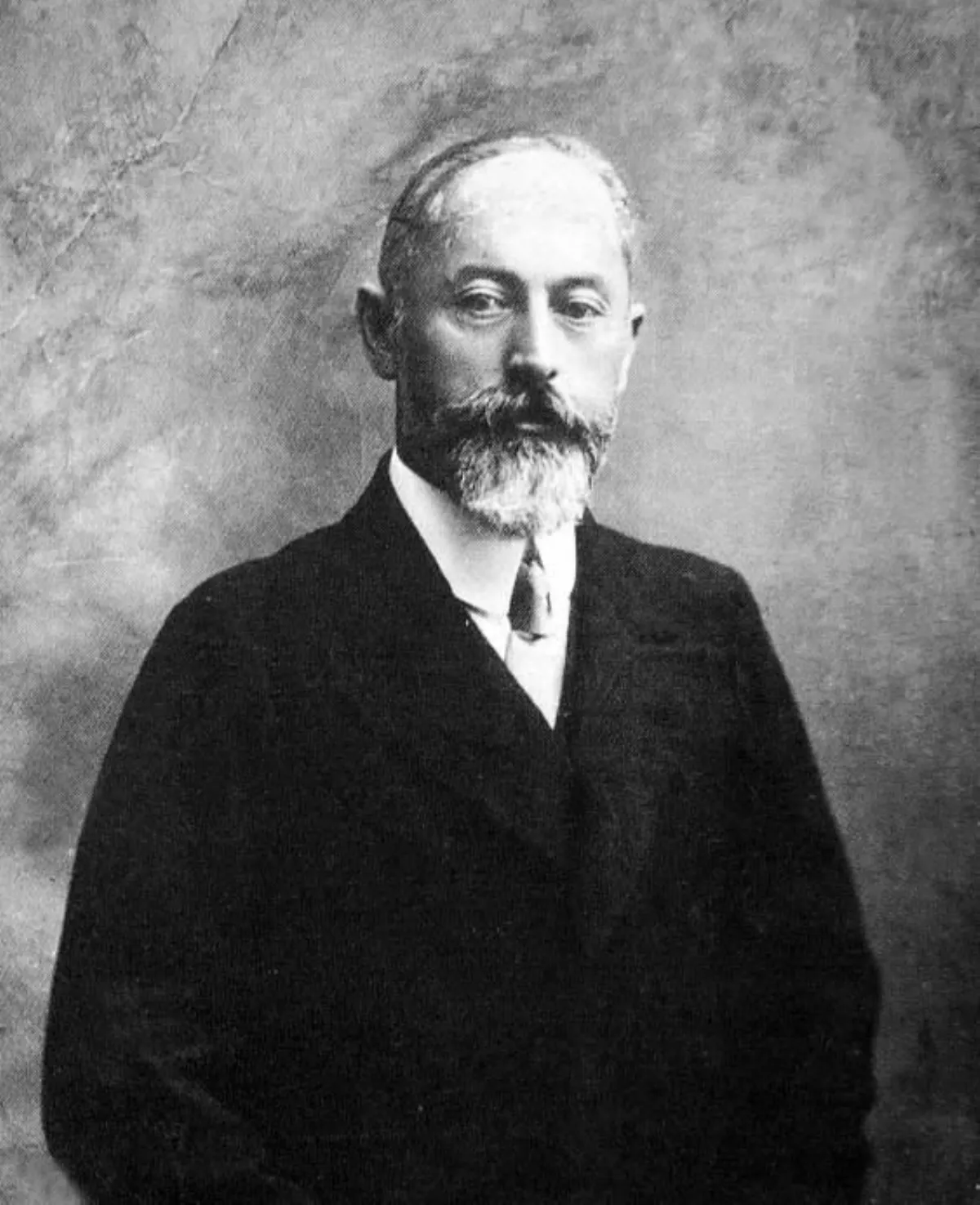 1.
1. Noe Zhordania played an eminent role in the socialist revolutionary movement in the Russian Empire, and later chaired the government of the Democratic Republic of Georgia from July 24,1918, until March 18,1921, when the Bolshevik Russian Red Army invasion of Georgia forced him into exile to France.